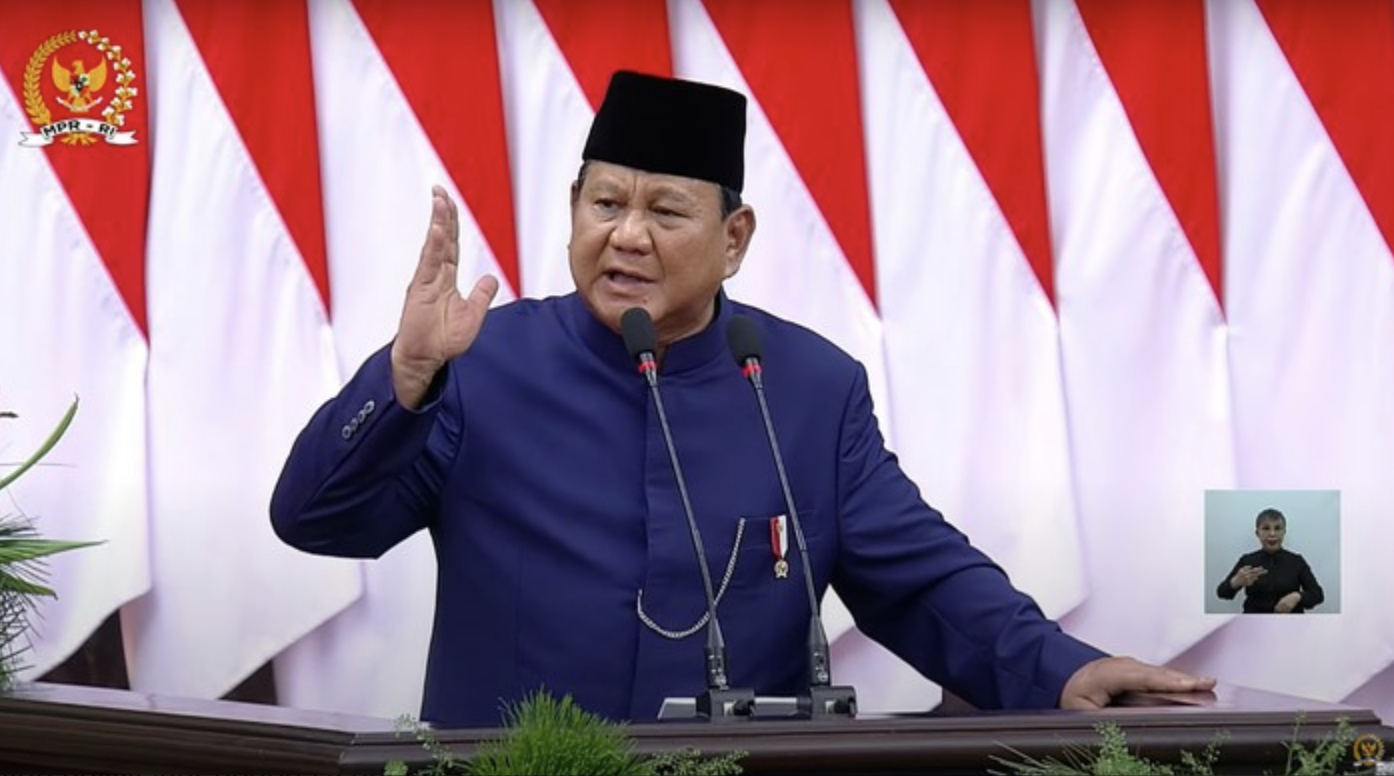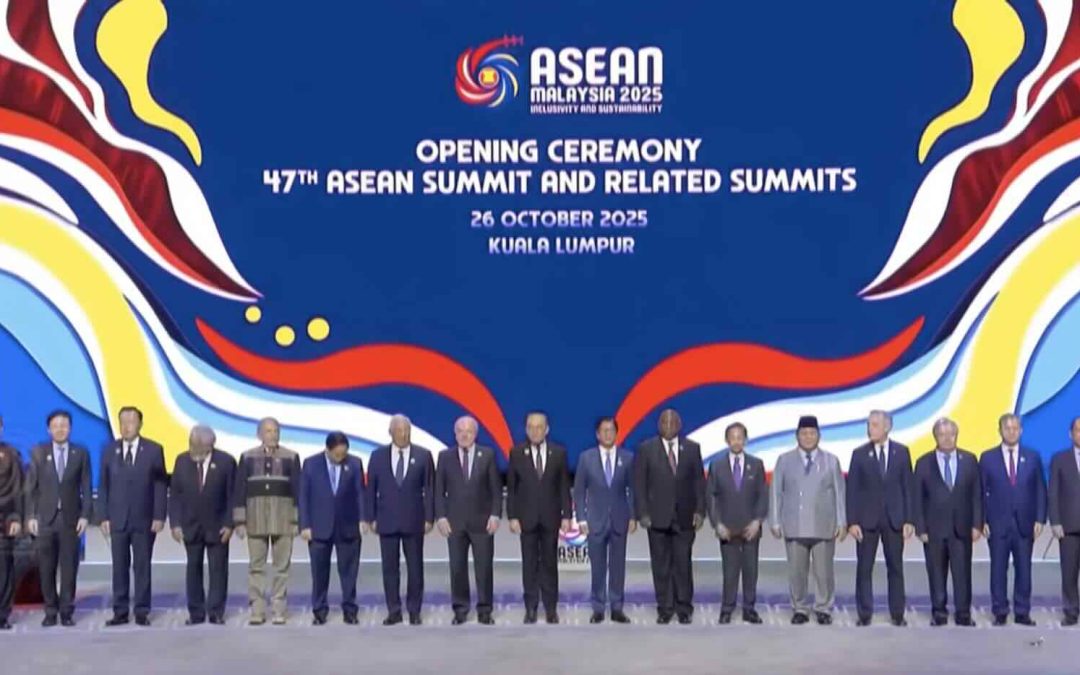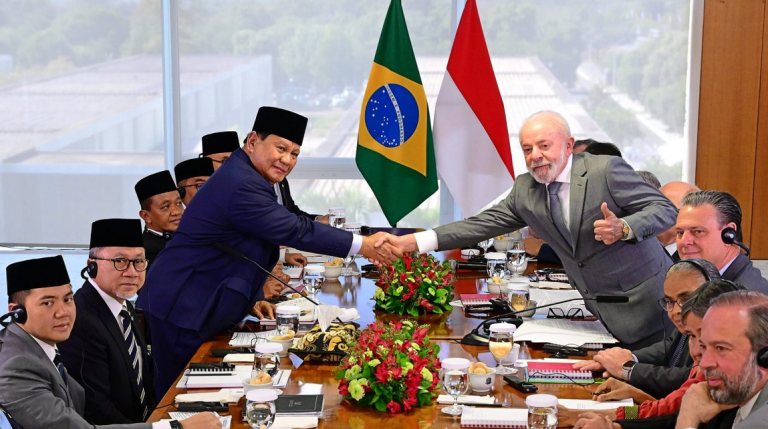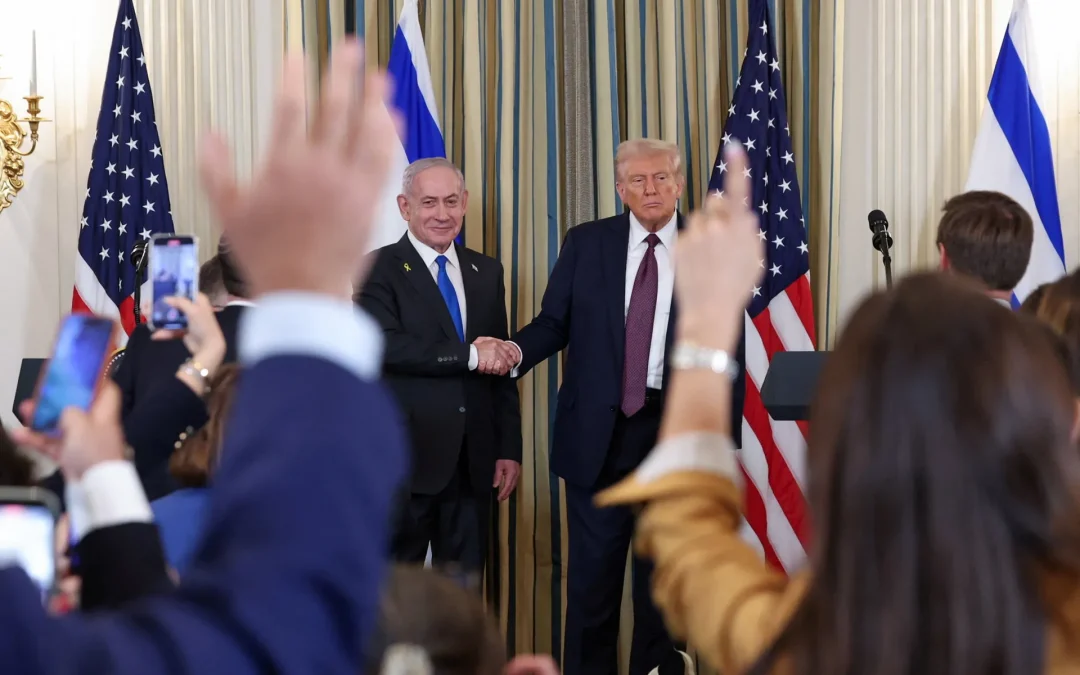After being inaugurated on October 20 2024, President Prabowo Subianto is preparing to make his first state visit abroad. The visit is planned to take place from 8-24 November 2024.
On this occasion, President Prabowo will visit China and meet with President Xin Jiping in Beijing. Next he will visit the United States to meet with President Joe Biden in Washington DC.
Next, the 7th President of the Republic of Indonesia will pay a state visit to Peru and meet President Dina Boluarte before attending the APEC Summit meeting on 14-15 November 2024 there.
On 18-19 November 2024, President Prabowo is scheduled to attend the G20 Summit in Rio de Janeiro, Brazil.
The first of a series of overseas visits will conclude with a state visit to England to meet British Prime Minister Keir Starmer.
What President Prabowo did was similar to the 6th President Joko Widodo after being inaugurated on 20 October 2014. Several weeks after being inaugurated, he attended the APEC Summit in China, 10-11 November 2024 and the G20 Summit in Brisbane, Australia on 15-16 November 2024.
Foreign visits have always been a subject of intense interest for international relations analysts. The question among international relations analysts is whether the 7th President will simply follow the lead of previous Presidents? Or will there be significant changes in Indonesian foreign policy under Prabowo Subianto’s leadership?
President Prabowo is seen as having a different perspective on how Indonesia should play its role and influence in international politics.
Prior to his inauguration on October 20, 2024, in his capacity as Minister of Defense, Prabowo Subianto made several official visits to countries with significant influence in international politics. This demonstrates President Prabowo Subianto’s perspective, which views foreign policy as a crucial priority for supporting the achievement of national interests.
This perspective differs from President Joko Widodo’s, who consistently views overseas visits as strategic for achieving economic interests, particularly to attract more foreign investment into Indonesia.
One recent bold idea is Indonesia’s plan to join BRICS, an economic alliance comprising countries that have historically been at odds with the United States and other G7 members. The Ministry of Foreign Affairs has consistently maintained its stance on BRICS, opting not to join. The argument is that the principle of an independent and active foreign policy underpins this position. Indonesia’s preference is to build more effective economic cooperation within the MIKTA framework.
President Prabowo emphasized that Indonesia must be present everywhere. This statement affirms Indonesia’s readiness to cooperate with any country in the world, including Russia and China, which are competitors to the United States in global politics.
There are concerns about the risks Indonesia would face if it were to join BRICS. The public recalls President Joko Widodo’s attendance at the BRICS summit in South Africa in 2023. Speculation has it that US President Joe Biden’s absence from the ASEAN Summit in Jakarta is related to the Indonesian President’s visit to BRICS.
President Prabowo appears to have his own perspective on Indonesia’s ideal role in global politics and is prepared to take risks with ambitious initiatives deemed controversial by some world leaders. Indonesian foreign policy is seeking a new path to become more progressive in the next five years.
Author: YP Hermawan







